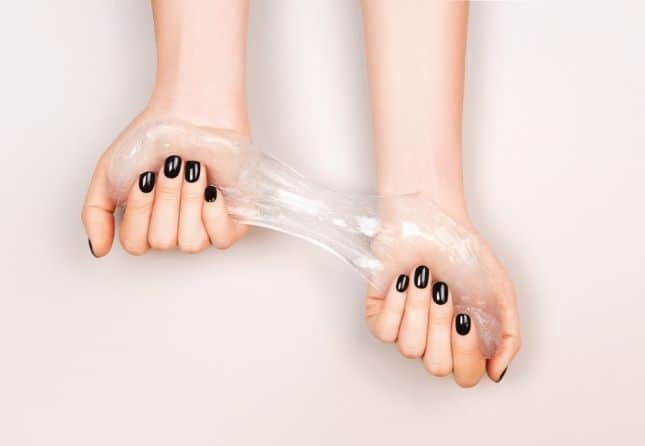
It’s something like 50 times a day that the average person checks their phone. You know that feeling you get that something’s missing but then you realise it’s just that you haven’t checked your phone for over ten minutes? Maybe it’s time for a digital detox.
The digital world we live in has cultivated the need to be constantly contactable – through social media, messaging services and phone calls. As it’s such a new phenomenon (we’ve only had this level of technology for under a decade) there’s no wonder that it can be anxiety-inducing. The truth is, we don’t need to be so connected like we are now. The world will be just fine without us and scrolling through Instagram and refreshing your social media feeds won’t bring you any happiness.
Here are some simple ways you can ease up on the heavy digital usage. You never know, you might be able to go completely cold turkey.
Rule number one: get into the habit of not checking your phone first thing in the morning. Invest in a battery-powered alarm clock and put your phone in another room for the night. Get up, wash and have your breakfast. Then check your phone and go through your emails.
At weekends or days you’re not working, you deserve to have a complete break from it all. Completely switch it off and go and do something else. If you find yourself going back to it, having it off will hold you back from checking it at every moment.
Go on, we dare you. If you’re worried about emergency calls, the easy way is to switch off your WiFi router. Anyone who desperately needs you will know to call you but you won’t have the social media and messaging addiction hanging over you.
Take a walk or go to the gym without your phone. You’re going to be busy working out or enjoying nature that you don’t need your phone anyway. Make a commitment to not being with your phone for a few hours a day.
Doing a digital detox will allow you to find more time for meditation. You certainly won’t need your phone to meditate so instead of spending ten minutes checking emails when you wake up in the morning, notice the difference of swapping those ten minutes to meditating.
You don’t need your phone, it’s actually just a habit. Once you’ve broken the habit, you’ll be detached from social media and the need to be connected. Instead of messaging your loved ones, give them a call instead. The need for constant communication is an illusion. You can still be just as connected with your friends and family without the need to speak at all times.
Many people think they check their phones in case they miss something important or somebody desperately needs them. This is a way of feeling in control of your life when actually, it can cause more damage than good. Know that you are in control without your phone and know that the world existed perfectly before phones became so prominent.
There is beauty and nature to be found every day of our lives and being offline can help so much in our journey to gratitude. Now that you’ve read this article, why not try switching off your phone for at least the next three hours.

-


Dr Singh is the Medical Director of the Indiana Sleep Center. His research and clinical practice focuses on the myriad of sleep.

What vaginal discharge colors mean for your health Understanding vaginal discharge colors and meaning is essential for every woman at every stage of life. While some colored discharge may indicate infections, others are normal. White and clear The first discharge

Understanding perimenopause and menopause When talking about perimenopause versus menopause, it’s easy to confuse these two stages. Perimenopause is the transitional period when you move away from your peak fertility and your ovaries gradually stop releasing eggs. In turn, menstruation

Understanding perimenopause and its symptoms When it comes to aging, many women know about menopause but are surprised to learn about the transitional stage leading up to it, called perimenopause. There are three stages of perimenopause: early, late, and menopause,
| Cookie | Duration | Description |
|---|---|---|
| cookielawinfo-checkbox-analytics | 11 months | This cookie is set by GDPR Cookie Consent plugin. The cookie is used to store the user consent for the cookies in the category "Analytics". |
| cookielawinfo-checkbox-functional | 11 months | The cookie is set by GDPR cookie consent to record the user consent for the cookies in the category "Functional". |
| cookielawinfo-checkbox-necessary | 11 months | This cookie is set by GDPR Cookie Consent plugin. The cookies is used to store the user consent for the cookies in the category "Necessary". |
| cookielawinfo-checkbox-others | 11 months | This cookie is set by GDPR Cookie Consent plugin. The cookie is used to store the user consent for the cookies in the category "Other. |
| cookielawinfo-checkbox-performance | 11 months | This cookie is set by GDPR Cookie Consent plugin. The cookie is used to store the user consent for the cookies in the category "Performance". |
| viewed_cookie_policy | 11 months | The cookie is set by the GDPR Cookie Consent plugin and is used to store whether or not user has consented to the use of cookies. It does not store any personal data. |
